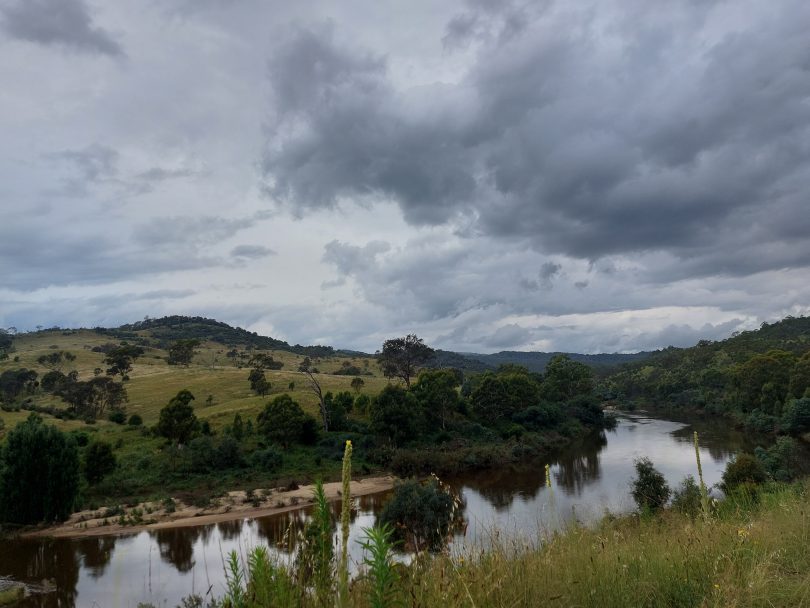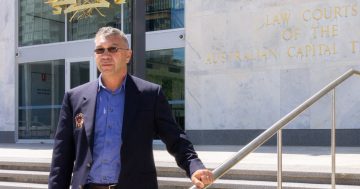
Ngunnawal people say they will defend their claim to traditional ownership of the ACT and parts of NSW. Photo: Photo: Ana Londono Botero.
Canberra’s Ngunnawal people have indicated they will defend their right to be recognised as the ACT’s traditional owners, describing claims by other Aboriginal groups as “an affront to the traditional custodianship of our lands”.
They’re calling for clarity following the recent resolution in the Supreme Court of a dispute between the ACT Government and the Ngambri people, represented by Paul Girrawah House and Leah House.
Under the terms of a mediated agreement reached last week between the parties, the ACT Government must apologise for recognising only one group of traditional owners since 2004, the so-called “one tribe policy”. The government must also undertake a comprehensive review of its Indigenous recognition policies and change its protocols to respect the terms of the settlement.
But a statement released by Ngunnawal traditional custodians on Wednesday (3 May) warns that “recent events risk … setting a dangerous precedent for self-identification as evidence of traditional custodianship”.
“Self-identification must not be misconstrued for, nor is it the intent of, self-determination. We understand and respect the right to self-identification, but this should not supersede traditional custodianship.”
Aboriginal and Torres Strait Islander Affairs Minister Rachel Stephen-Smith flagged a community determination process regarding Ngambri acknowledgement, and official acknowledgement of country must now include the phrase “any other people or families with connection to the ACT and region”.
But Ngunnawal traditional owners say the recent decision raises more questions than it answers and have indicated they don’t intend to participate in community determination.
“Our intention is not to respond to or engage in processes not supported by evidence. Instead, we invite any group that seeks to assert their claims to our land to produce independent evidence that identifies their connection to the lands and waterways of Ngunnawal Country and supports their decision”, the statement says.
The traditional custodians say their claim to ownership is supported by evidence and proven genealogical facts.
“We have always maintained our cultural authority as Ngunnawal Traditional Custodians. This has always remained the same. We always have, and always will be, Ngunnawal people”.
The statement also flags an intention to proceed with a land claim over the entirety of the ACT and parts of NSW based on “evidence-based processes”.
Paul Girrawah House said that ethnographic-historical evidence, including the earliest white settler records and genealogical research, supports claims regarding the Ngambri people, who lived in the central area of what is now the city of Canberra.
“The acknowledgement was all we were ever seeking,” he told Region last week.
“The honouring of our identity and connection and provenance to country has been compelling. It’s been a 20-year journey to get there, to have some form of acknowledgement as self-determined people based on our customs and traditions.
“This is an important step in the long journey ahead to repair the damage of colonisation.”
However, the Ngunnawal people say their cultural authority is recognised across multiple family groups.
“It’s not about one family group; instead, it’s about a collection of families who have continued to maintain, preserve and strengthen our culture and what it means to be Ngunnawal since time immemorial”, the traditional custodians say.
“We seek to engage in a respectful and good faith process. This discussion must move beyond just one or two family groups asserting their rights to our land. This discussion needs to be grounded in facts and underpinned by respect”.













